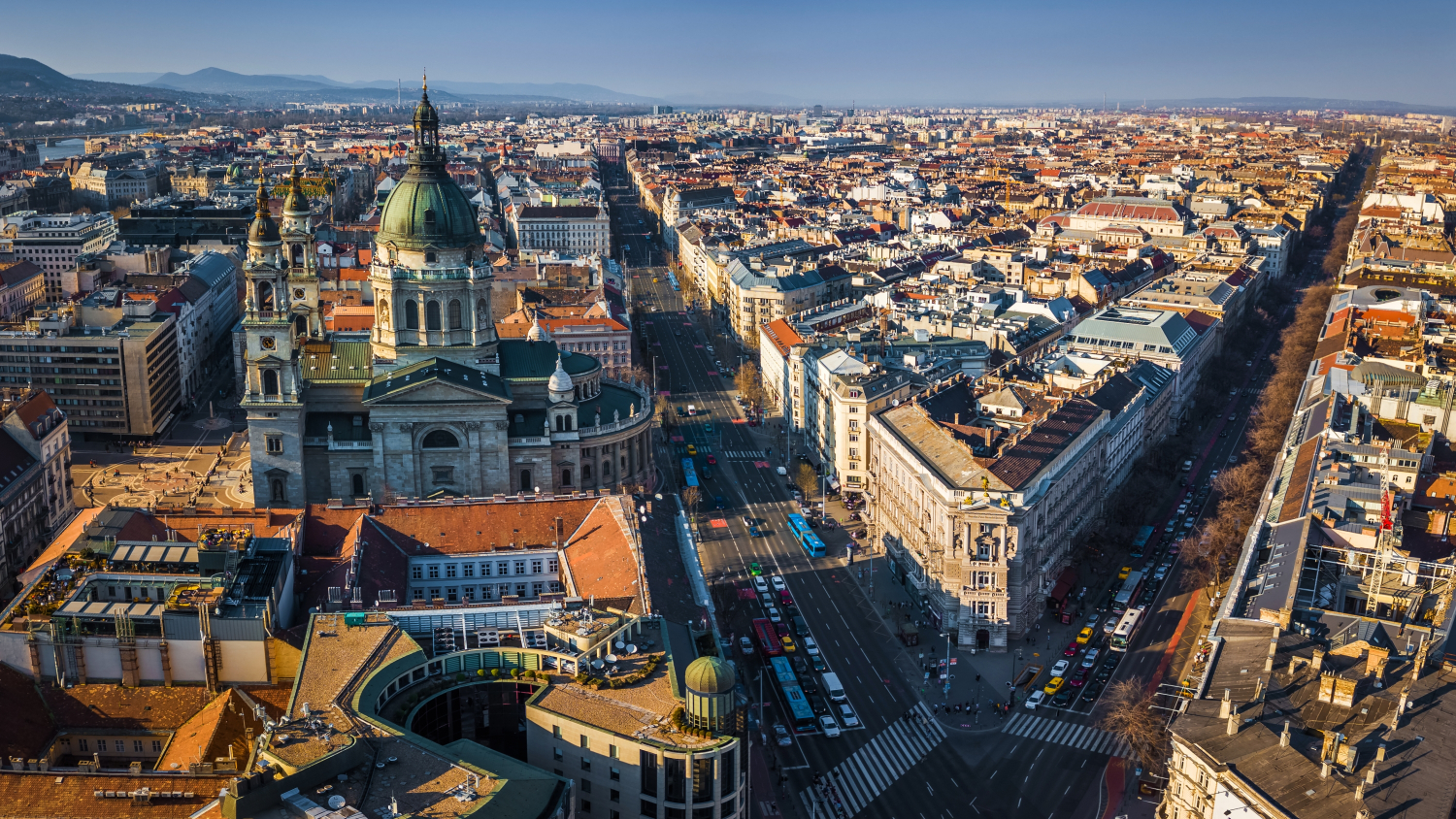
Home prices in Hungary have increased further, with provincial cities showing an outstanding price rise and Budapest also becoming more expensive following a year of stagnation, the National Bank of Hungary (MNB) said in its latest Housing Market Report. The price gap between Budapest and county seats has decreased in 2021. On a national average, housing prices rose 13.3% year on year in Q2, including a 9.1% rise in Budapest and an 18.2% increase outside the capital.
The Hungarian housing market picked up considerably early in 2021. The labour market began a fast recovery once the economy was restarted and employment rose to a historic high in the summer months, which also meant the real income of households grew. New forms of housing subsidies available from January also played a considerable role in increasing demand. The MNB forecasts 150,000 residential property transactions in total in 2021.
The price gap between Budapest and county seats has decreased in 2021. On a national average, housing prices rose 13.3% year on year in Q2, including a 9.1% rise in Budapest and an 18.2% increase outside the capital.
Volume of housing loans
In Q2 2021, lending institutions signed HUF 364 billion in housing loans with households, 81% more than during the first wave of the pandemic year earlier. This is a historic high, in which new forms of housing subsidies available from January also played a considerable role. Demand for loans is expected to pick up in the second half of 2021. The MNB launched its FGS Green Home Programme on 4 October.
Construction industry
Anomalies connected to the restarting of economies worldwide have led to a significant rise in raw material prices and a shortage of construction materials.
Construction prices in Hungary have been growing well above the EU average in recent years due to low capacities and competitiveness issues.
Any potential further increase in home construction costs would significantly hurt the housing market, the MNB said in the report. Lower construction margins would mean fewer projects started, while the postponement of renovations would lower the average quality of homes.
New homes
In January-September 2021, the number of new homes completed was 1.7% lower than a year earlier. In Budapest, the volume increased as apartment complexes scheduled for 2020 but delayed to 2021 were completed, but outside the capital, there was a 27.3% decrease year on year. The temporary reintroduction of a discount VAT rate on new homes early in 2021 has resulted in an increase in newly issued home construction permits. The price of new homes began to rise again from the second quarter as low supply could not keep up with demand. New homes that are more sustainable environmentally cost about 3.5% more according to the MNB, but lower costs and the FGS Green Home Programme could counterbalance the higher price.



